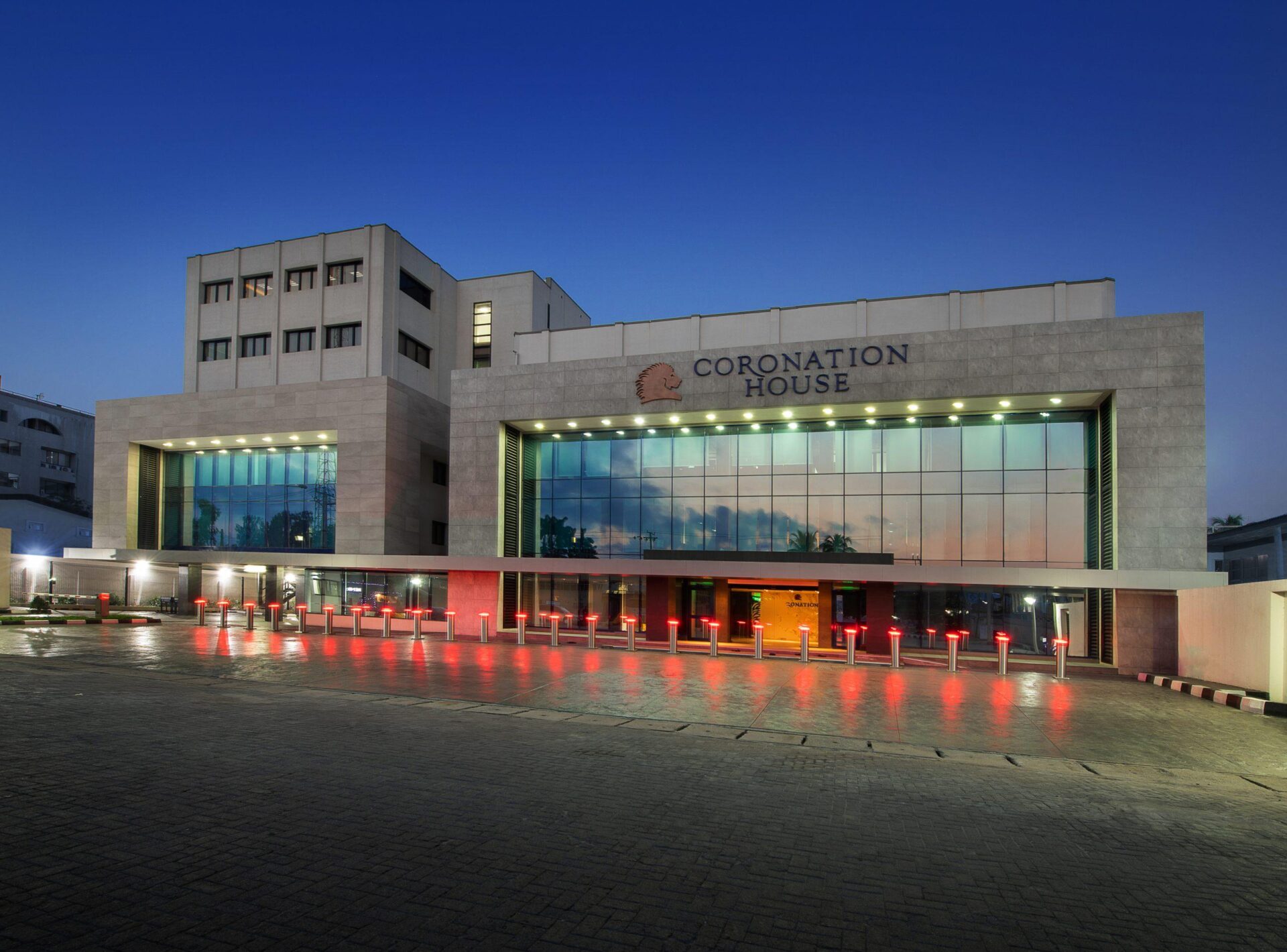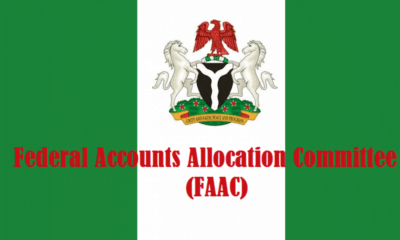Today we highlight one of the sessions, ‘Economic Recovery’, at the recently concluded CIBN Banking and Finance conference. This was a hybrid event in Abuja, Lagos and partially virtual last week. The Covid-19 disruptions have created demand and supply shocks in the global system while unlocking new opportunities for growth.
Given the pre-existing financing challenges and growing spending needs, many developing countries are in dire need of financial support. As a result of the pandemic, the financing gap for the sustainable development goals increased by 70% (over USD4.2bn). The speaker on this session, Amina J. Mohammed, Deputy SecretaryGeneral of the United Nations and Chair of the United Nations Sustainable Development Group focused on structural transformation, technology, finance and sustainability.
Recent developments such as the allocation of the USD650bn in Special Drawing Rights (SDR) were highlighted during the session. Although the SDR offers improved liquidity into the system, Africa is set to receive only USD32.2bn (or 6.4% of the total amount). Therefore, it is important that the funds are channeled towards well-targeted sectors that can contribute to sustainable development.
The banking and finance sector plays a crucial role. The Africa Continental Free Trade Area (AFCFTA) agreement offers an opportunity for the financial sector to work within a continental market of 1.2 billion people. According to Amina J. Mohammed, three main actions areas will reshape the financial sector and support stronger recovery.
The first, better customer engagement with a dynamic range of relevant products and services that go beyond bank-based financing mechanisms and offer innovative financial products tailored to specific needs of business ecosystems. Second, the adoption of new operating models to drive efficiency and inclusion. Third, a deliberate focus on enabling sustainable development investing.
Furthermore, Nigeria’s banking and finance industry is well positioned to drive specific UN sustainable development goals such as inclusive and affordable credit, especially for micro, small and medium-sized enterprises. The industry can also provide support towards climate change.
Technology also featured in the discussion points. Undoubtedly, technology is a catalyst for growth across economies and the pandemic has further exposed the deficit within the sector across developing countries. Investments in digital infrastructure need to be rapidly expanded and scaled up to boost socio-economic development.
The speaker commended the FGN’s efforts on its push towards sustainable economic recovery. Some policy and regulatory reforms highlighted include, regulation of fintechs and related services to strengthen payment systems and regulate data protection; the green bonds which Nigeria first issued in 2017 in support of green projects, including solar energy and the modernisation of the Nigerian stock exchange that has given rise to a new operational structure and leadership.
These are laudable steps. However, we note that there is still room for improvement. To achieve double-digit GDP growth and sustainable development, structural transformation should remain on the FGN’s priority list.

 Forex3 weeks ago
Forex3 weeks ago


 Naira2 weeks ago
Naira2 weeks ago
 Billionaire Watch2 weeks ago
Billionaire Watch2 weeks ago




 Naira2 weeks ago
Naira2 weeks ago




 Naira2 weeks ago
Naira2 weeks ago




 Naira4 weeks ago
Naira4 weeks ago


 Naira7 days ago
Naira7 days ago
 Banking Sector4 weeks ago
Banking Sector4 weeks ago






















